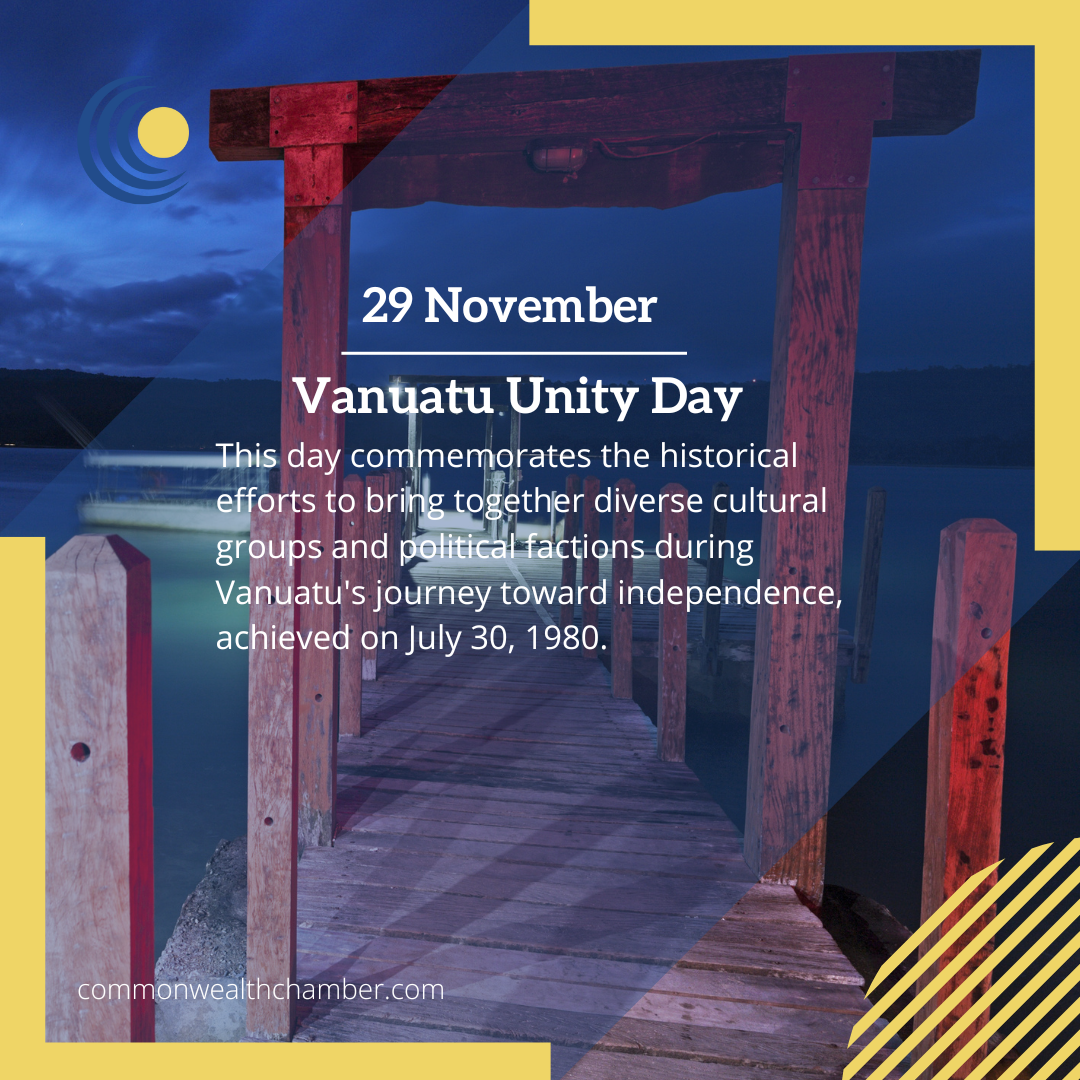Before independence, Vanuatu, formerly known as the New Hebrides, was a territory jointly governed by Britain and France. This dual colonial administration created divisions among the indigenous Ni-Vanuatu population and between the political movements striving for self-rule. Unity Day honours the collaborative efforts of leaders and citizens who overcame these divisions to forge a shared national identity and pave the way for independence.
A variety of events and activities across the nation marks the day. Official ceremonies, often featuring speeches by government officials and community leaders, are held in the capital, Port Vila, and other major towns. The national flag is raised in various locations, symbolising pride and unity. Parades showcasing traditional costumes, dances, and music from different islands and cultural groups are common, as are cultural performances highlighting Vanuatu’s diverse heritage. Sporting events and community feasts featuring traditional dishes foster a sense of togetherness. Educational activities in schools and community centres focus on Vanuatu’s history and the importance of national unity. As Christianity is widely practised, many people attend special church services.
